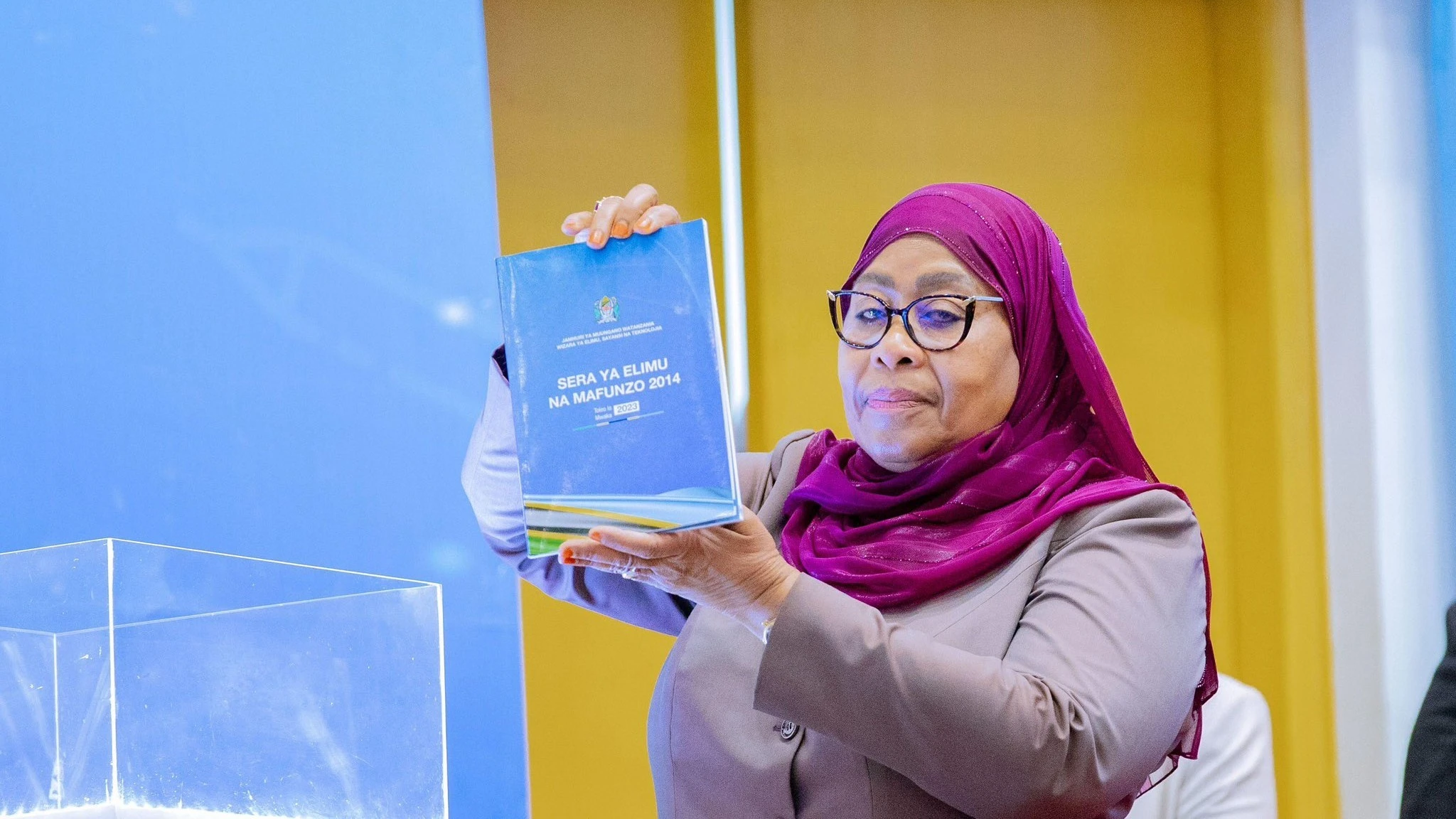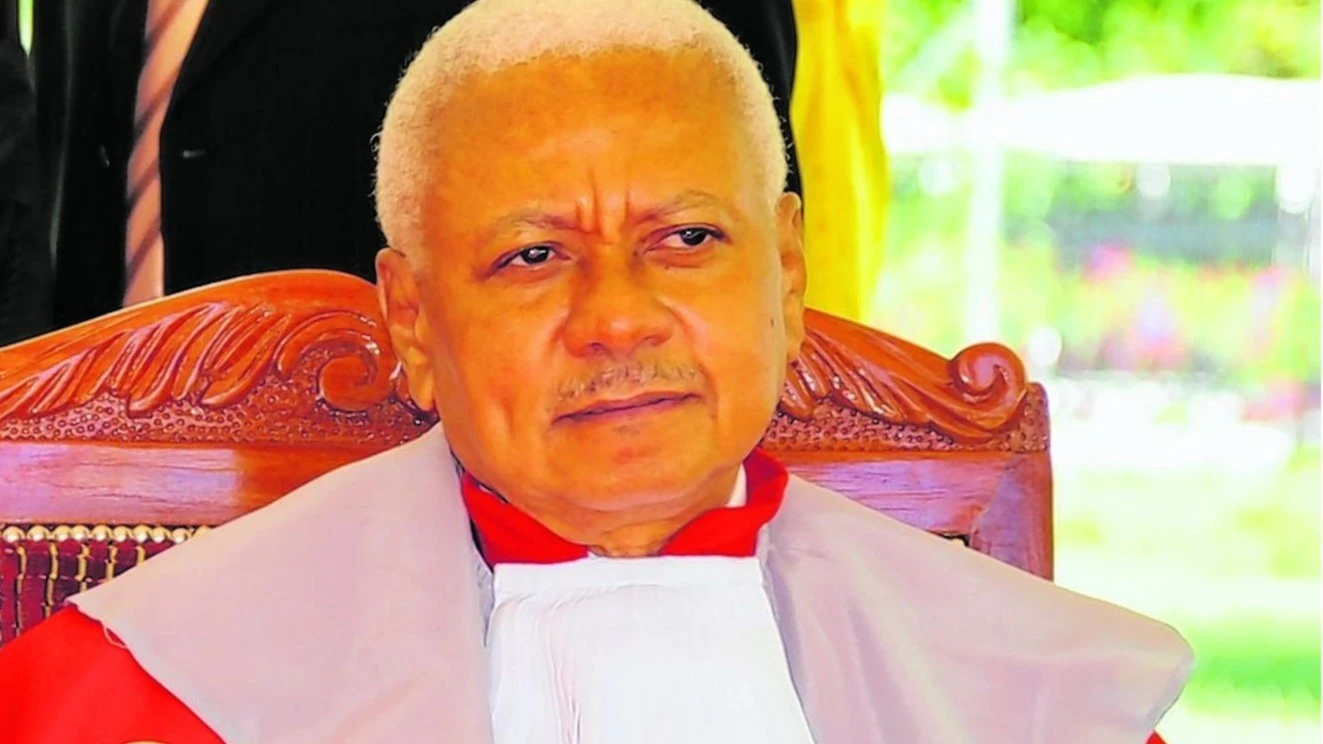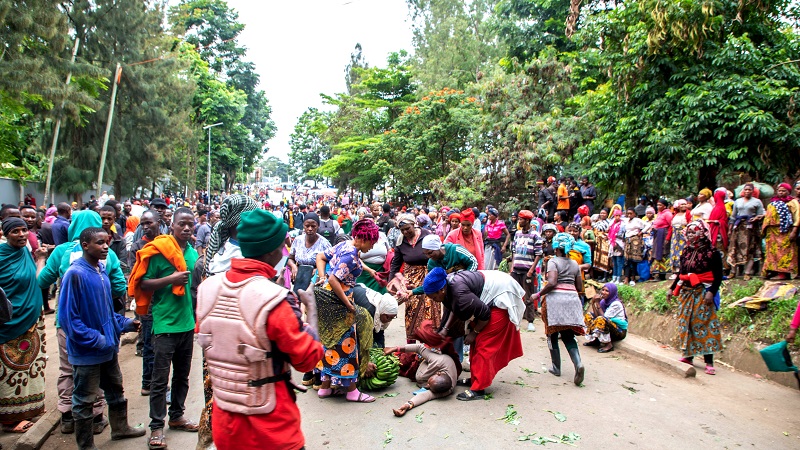Zanzibar steps up measures to end malaria by 2029

ZANZIBAR government has called upon relevant authorities to take appropriate measures so as to end malaria by 2029.
Zanzibar Minister for Health Nassor Ahmed Mazrui made the call on Thursday during commemoration of the World Malaria Day in the isles.
According to the 2022 Tanzania Malaria Indicator Survey, Zanzibar maintained a malaria rate of less than 1 percent for more than a decade. This is due to substantial contributions from the U.S. government through the President’s Malaria Initiative.
Mazrui, who represented Zanzibar President Dr Hussein Ali Mwinyi, said despite the fact that malaria is currently decreasing; there are still some areas, especially in Unguja’s Urban, West A and West B districts where the disease continues to persist.
“The situation is alarming; we need to take effective measures to control malaria infection by involving all sectors in the country,” he said.
The target is stipulated in the six-year Strategic Plan to End Malaria (2024-2029).
“Despite the decrease in the number of malaria cases in Zanzibar, I have learned that recently, there are some districts which have experienced an increase in malaria cases. This is not acceptable in Zanzibar. I ask that all measures be taken to control malaria by involving all responsible sectors,” he said.
The minister added that the government will continue to ensure access to all the necessary health services needed to control malaria that continue to be provided to the general public.
He called on all regions that still have malaria infection to ensure that they properly manage implementation of the correct strategies to end the disease in their areas so that eventually Zanzibar is malaria-free.
“This is possible by ensuring that all anti-malaria interventions are implemented fully and efficiently,” he said.
“I urge the departments and institutions that implement the law of public health and its regulations to ensure that they properly manage implementation of those laws and regulations.”
During the event a special campaign to distribute nets was launched where a total of 314 shehias in Unguja and Pemba will benefit.
The initiative is implemented by the Zanzibar government in collaboration with the US. Agency for International Development (USAID) and the U. S. Centres for Disease Control and Prevention (CDC).
A total of 782,000 nets were purchased through the U.S President’s Anti-Malaria Fund (PMI) and were distributed to communities.
Craig Hart, USAID mission director for Tanzania, said the U.S President's Fund to Fight Malaria (PMI), will continue to cooperate with Tanzania to fight and end malaria.
He said the funding has delivered mosquito nets, life-saving drugs as well as advanced testing and training for health workers.
Through close cooperation with people, institutions and the government of Tanzania, the U.S government has also strengthened health systems to increase efforts to end malaria.
Top Headlines
© 2025 IPPMEDIA.COM. ALL RIGHTS RESERVED






















